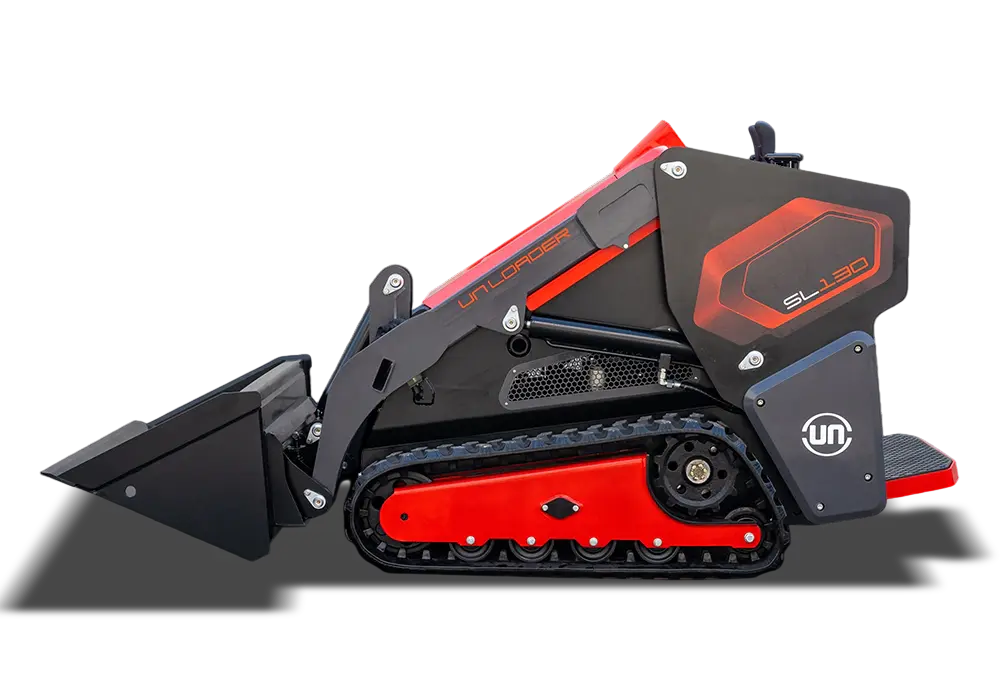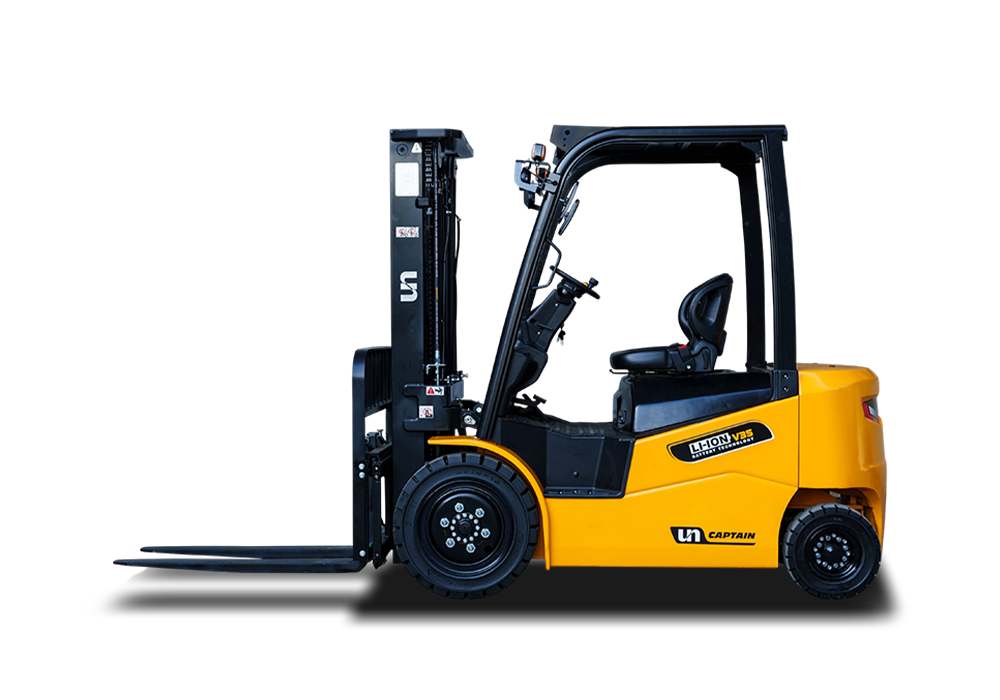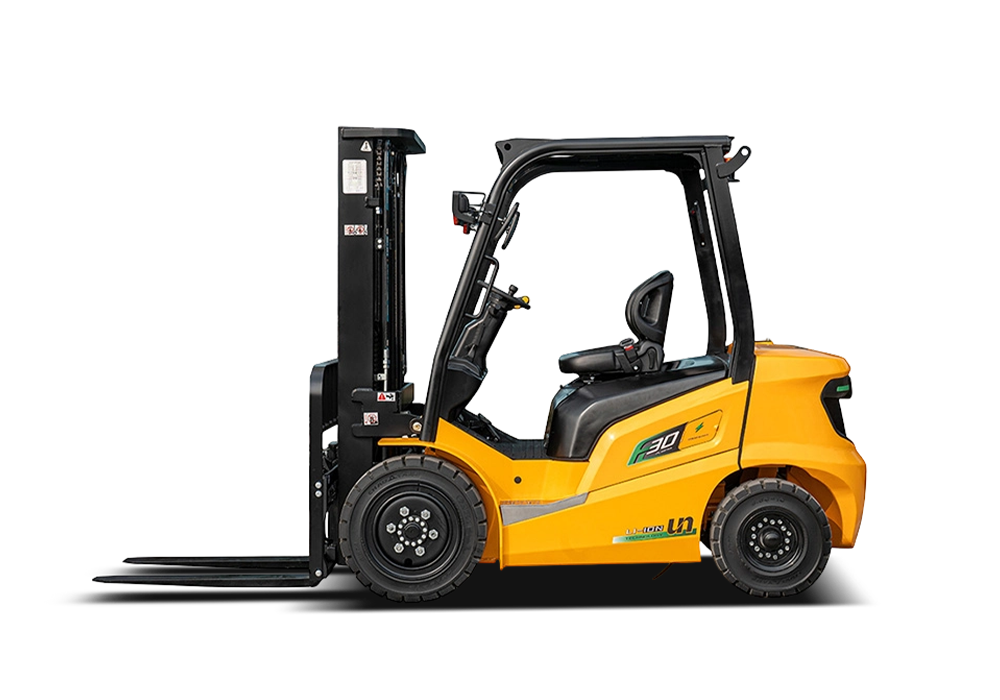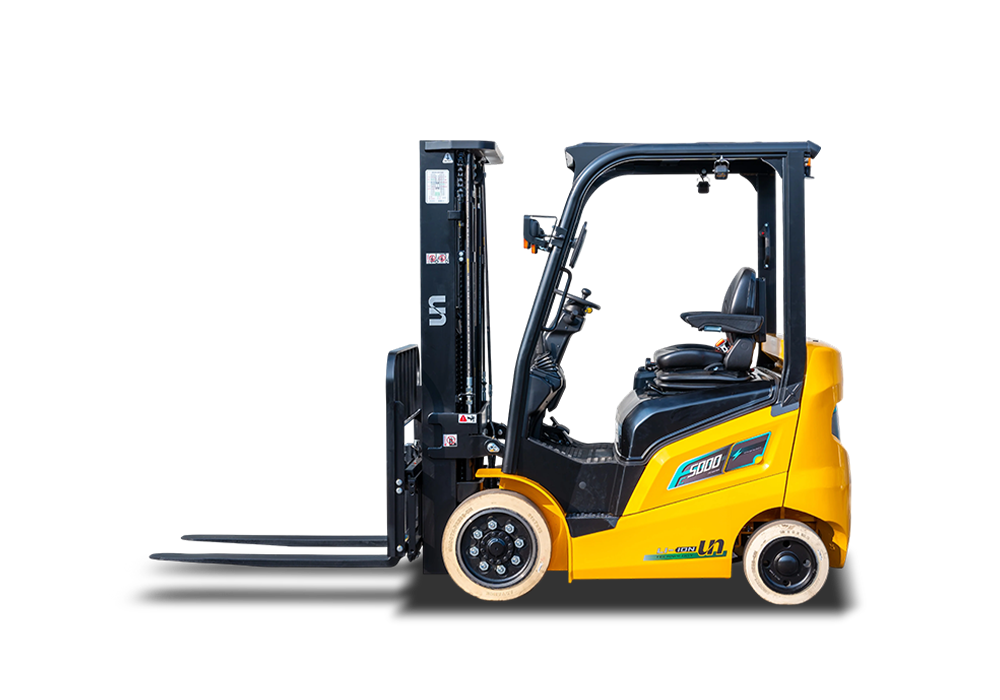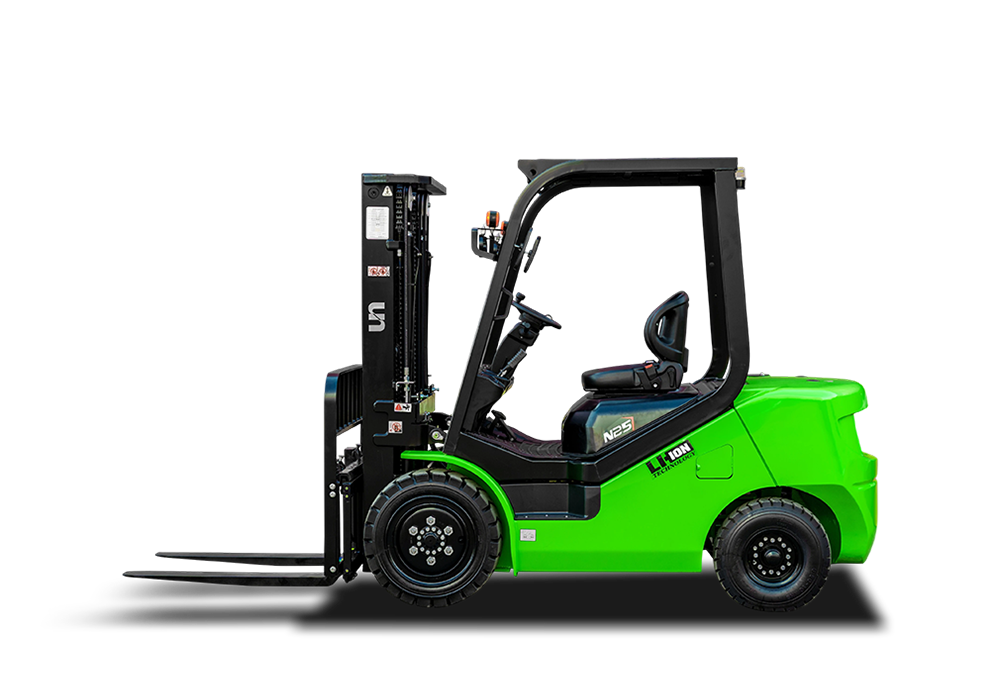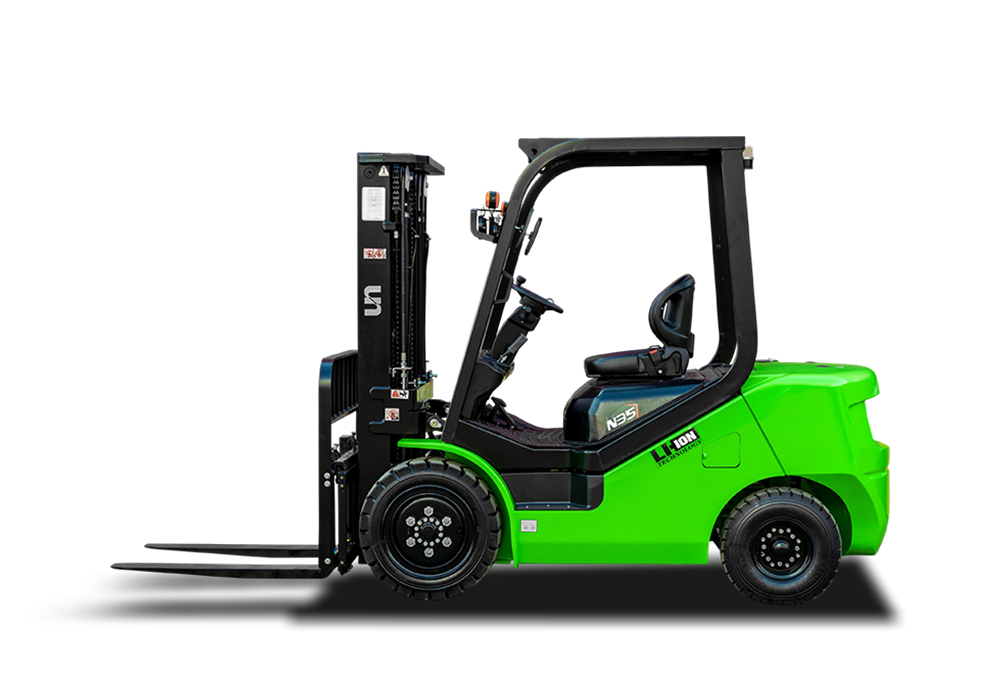What are the noise levels produced by a gas forklift during operation?
Admin 2024-05-05
Gas forklifts generally produce noise levels that can vary depending on several factors, including the specific model, engine design, age, maintenance, and operating conditions. Here's a general overview of the noise levels produced by gas forklifts during operation:
Idling Noise: When a gas forklift is idling, the noise level typically ranges from 60 to 70 decibels (dB). This noise level is comparable to normal conversation or background office noise.
Operating Noise: During normal operation, the noise level of a gas forklift can range from 80 to 90 decibels (dB). This noise level is similar to heavy traffic, a lawnmower, or a busy restaurant.
Peak Noise Levels: In certain situations, such as lifting heavy loads or accelerating quickly, the noise level of a gas forklift can reach up to 100 decibels (dB) or higher. This noise level is comparable to a chainsaw or a motorcycle.
It's important to note that prolonged exposure to noise levels above 85 decibels (dB) can potentially cause hearing damage over time. Therefore, it's recommended for operators of gas forklifts to use hearing protection, such as earplugs or earmuffs, especially during extended periods of operation or in noisy environments.
Additionally, regular maintenance and proper tuning of the engine can help reduce noise levels and improve the overall performance and efficiency of a gas forklift. Ensuring that the forklift is operating smoothly and not producing excessive noise due to mechanical issues or wear and tear is essential for maintaining a safe and productive working environment.
Always refer to the manufacturer's specifications and guidelines for the specific gas forklift model you are using to understand its noise levels and recommendations for noise control and hearing protection.
For exclusive deals and latest offers, sign up by entering your email address below.




